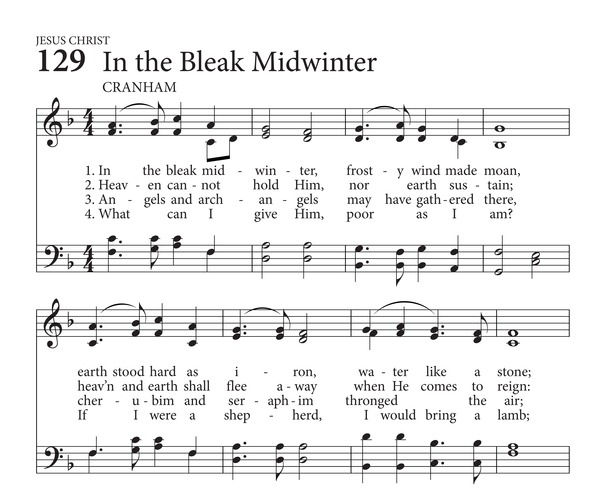O Clap Your Hands, Ralph Vaughan Williams
- Fr. Scott Haynes

- Oct 14, 2021
- 2 min read

Ralph Vaughan Williams, (born October 12, 1872, Down Ampney, Gloucestershire, England—died August 26, 1958, London, England), English composer in the first half of the 20th century, founder of the nationalist movement in English music.
Vaughan Williams studied at Trinity College, Cambridge, and in London at the Royal College of Music under two major figures of the late 19th-century renaissance of English music, Sir Charles Stanford and Sir Hubert Parry. In 1897–98 he studied in Berlin under the noted composer Max Bruch and in 1909 in Paris under Maurice Ravel.
About 1903 he began to collect folk songs, and in 1904–06 he was musical editor of The English Hymnal, for which he wrote his celebrated “Sine Nomine” (“For All the Saints”). After artillery service in World War I, he became professor of composition at the Royal College of Music.
His studies of English folk song and his interest in English music of the Tudor period fertilized his talent, enabling him to incorporate modal elements (i.e., based on folk song and medieval scales) and rhythmic freedom into a musical style at once highly personal and deeply English.
O clap your hands is a motet by Ralph Vaughan Williams. He composed the anthem, a setting of verses from Psalm 47, in 1920 for a four-part choir, organ, brass, and percussion. He later also made versions for orchestra and for organ. The motet was often recorded.
Vaughan Williams chose verses 1,2,5–8 from Psalm 47, a psalm calling to exalt God as the King of "all the earth" with hands, voices and instruments. The Hebrew original mentions the shofar, which is given as trumpet in English.
He set the text in one movement in B-flat major, marked Allegro. He scored it for a four-part choir, organ, brass, and percussion, but also made a version for orchestra and an organ version. The music begins with brass fanfares. A jubilant first section is followed by an introspective middle section. The conclusion is a triumphant climax, repeating the words,
"Sing praises unto our King, sing praises."
Richard R. Terry, who had conducted the first performance of the composer's Mass in G minor at Westminster Cathedral, wrote to him:
"I'm quite sincere when I say that [this] is the work one has all along been waiting for. In your individual and modern idiom you have really captured the old liturgical spirit and atmosphere."



Comments